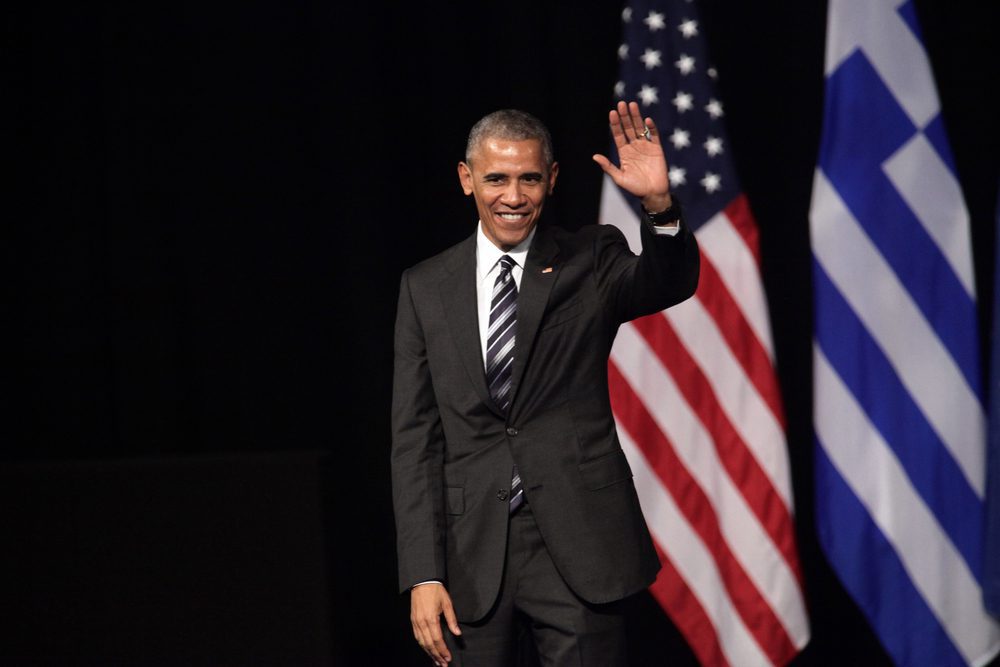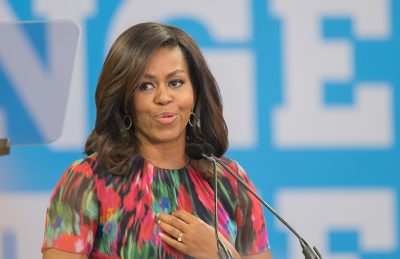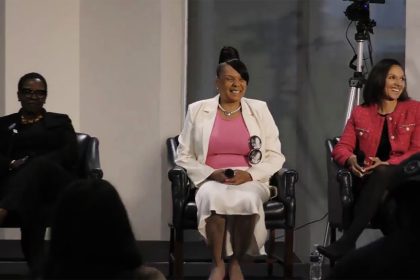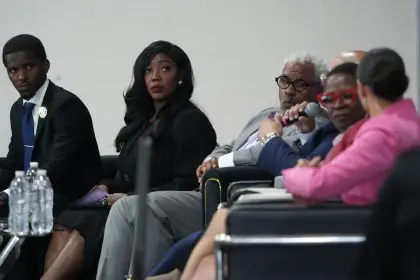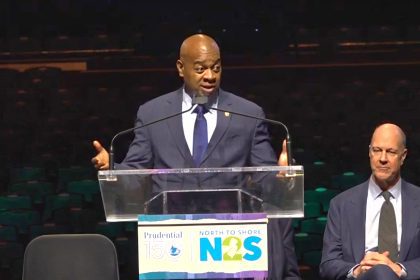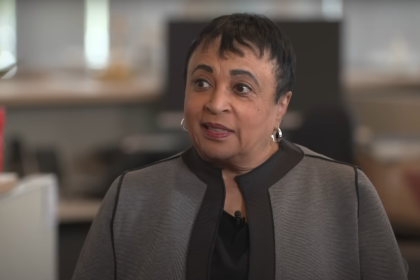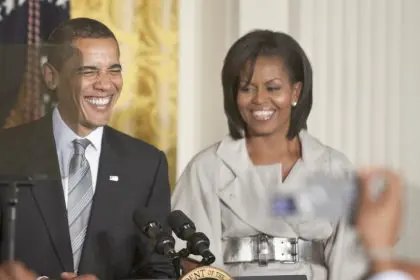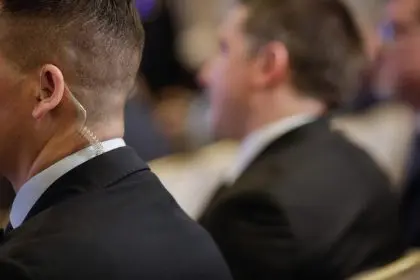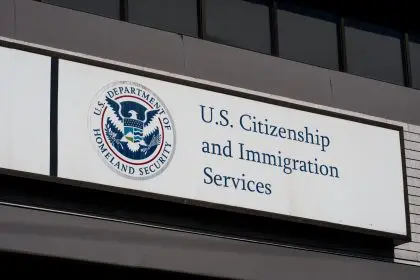Barack Obama‘s presidency not only broke the highest glass ceiling in American politics but catalyzed a wave of diverse leadership that continues reshaping the nation’s political landscape.
“President Obama showed us that excellence knows no color. His presence in the White House wasn’t just symbolic – it was a masterclass in leadership despite unprecedented opposition,” says Stacey Abrams, former Georgia gubernatorial candidate and voting rights activist.
The “Obama Effect” resonates particularly among younger politicians who witnessed his rise:
“Watching him navigate both policy and prejudice with grace gave me a template for my political journey. He showed us how to be both excellent and authentic,” reflects Senator Cory Booker, who launched his political career during Obama’s presidency.
His impact extends beyond traditional politics. “Obama demonstrated that being intellectual and being Black aren’t mutually exclusive in leadership. He made it cool to be smart and engaged,” notes Representative Alexandria Ocasio-Cortez.
The former president’s influence shaped current leadership approaches:
“He taught us that when they go low, we go high. That principle guides how I handle opposition today,” shares Vice President Kamala Harris, who broke her own barriers as the first woman and first Black person to hold her office.
Mayor Keisha Lance Bottoms of Atlanta points to Obama’s coalition-building skills: “He showed us how to build bridges while standing firm in our principles. That’s a delicate balance many of us strive to maintain.”
His impact on Black masculinity in leadership also proved transformative. “Obama redefined what it means to be a strong Black man in power – someone who can be both tough and tender, decisive and diplomatic,” explains Senator Raphael Warnock.
The ripple effects continue inspiring new candidates:
“Seeing Obama’s family in the White House showed my children that nothing is impossible. That vision drives me every day,” says Representative Lauren Underwood, one of the youngest Black women ever elected to Congress.
His methodology influences current leadership styles:
– Community organizing background
– Data-driven decision making
– Emphasis on coalition building
– Focus on youth engagement
– Digital innovation in campaigning
“Obama didn’t just break barriers – he created a roadmap for others to follow,” notes political strategist Donna Brazile. “His campaign’s grassroots organizing and digital strategies revolutionized how we run for office.”
The former president’s impact on youth political engagement remains particularly significant:
“He made young people believe their voice matters. That legacy drives youth voter turnout even today,” says Maxwell Frost, the first Gen Z member of Congress.
Education leaders also cite his influence: “Obama showed us that academic excellence and political leadership can go hand in hand. He inspired a generation of scholars to consider public service,” says Dr. Eddie Glaude Jr., Chair of African American Studies at Princeton University.
His presidency continues inspiring international leaders:
“Obama proved that being a minority leader doesn’t mean you have to limit your vision. His global impact showed us how to think beyond borders while staying true to our roots,” reflects French politician Christiane Taubira.
The “Yes We Can” spirit endures in new movements:
“His message of hope wasn’t just a campaign slogan – it became a blueprint for believing in change even when the odds seem impossible,” says activist DeRay Mckesson.
Looking ahead, Obama’s example shapes future aspirations:
“The question isn’t just who will be the next Black president, but how many different kinds of leaders his presidency made possible,” concludes political analyst Joy Reid.
As America continues evolving, Obama’s legacy provides both inspiration and instruction for emerging leaders across all sectors, proving that breaking barriers isn’t just about being first – it’s about ensuring you’re not the last.

